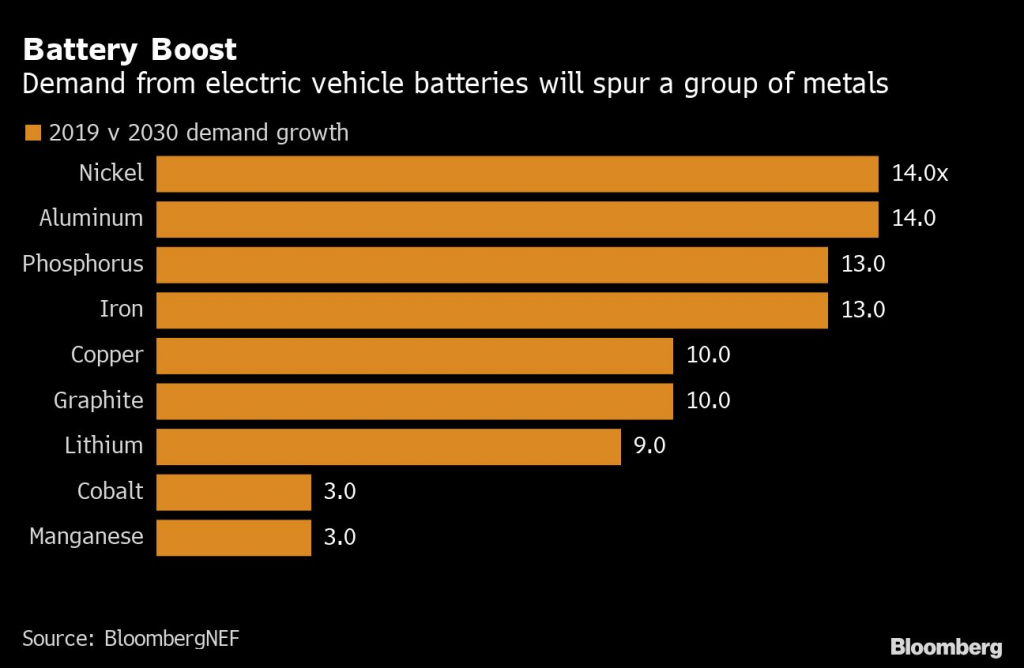“We will continue to electrify our line-up as part of our global journey towards carbon neutrality. However, we have no further plans to announce at this time,” Nissan said in an emailed statement.
Gigafactory would produce 200,000 batteries a year and support thousands of jobs
The potential factory, which would be built on the existing Sunderland site, is expected to support the production of 200,000 batteries a year and provide thousands of jobs, the FT said.
Last week, reports that Tesla boss Elon Musk had visited the UK sparked speculation that the billionaire was looking for a site to build his own gigafactory.
Jaguar Land Rover’s award- winning I-Pace EV hit a roadblock last year that illustrated the challenges facing the car industry: the supply of batteries ran out.
The component crisis, which forced JLR to halt manufacturing of its Tesla rival for a week, was not caused by problems at its British factories or suppliers. Production stopped at the I-Pace plant in Austria after South Korea’s LG Chem failed to fulfil its contract to supply batteries from its gigafactory in Poland.

The stoppage underlined the global scale of the electric battery race — one in which the UK is lagging behind.
British carmakers have an additional pressure. In only three years, they will have to source local electric car batteries as set by the Brexit free trade deal inked last year.
Under the agreement, all European trade in cars and parts will continue to be free of tariffs or quotas after the Brexit transition period ended on December 31, as long as they contain enough content from either UK or EU factories.
Batteries will at first be allowed to have up to 70% of materials from countries outside the EU. From 2024 onwards, that requirement will tighten to 50%.
EU push
The EU is constructing large-scale battery cell factories. European Commission Vice President Maros Sefcovic has said that by 2025, the planned facilities would produce cells to power at last six million electric vehicles.
In September 2019, the UK government launched the Faraday Battery Challenge as part of the Industrial Strategy Challenge Fund (ISCF), to spur research and innovation.
Li4UK (Securing a Domestic Lithium Supply Chain for the UK) was one of the projects to secure financial backing from the pioneering program, soon to open a fifth round.




